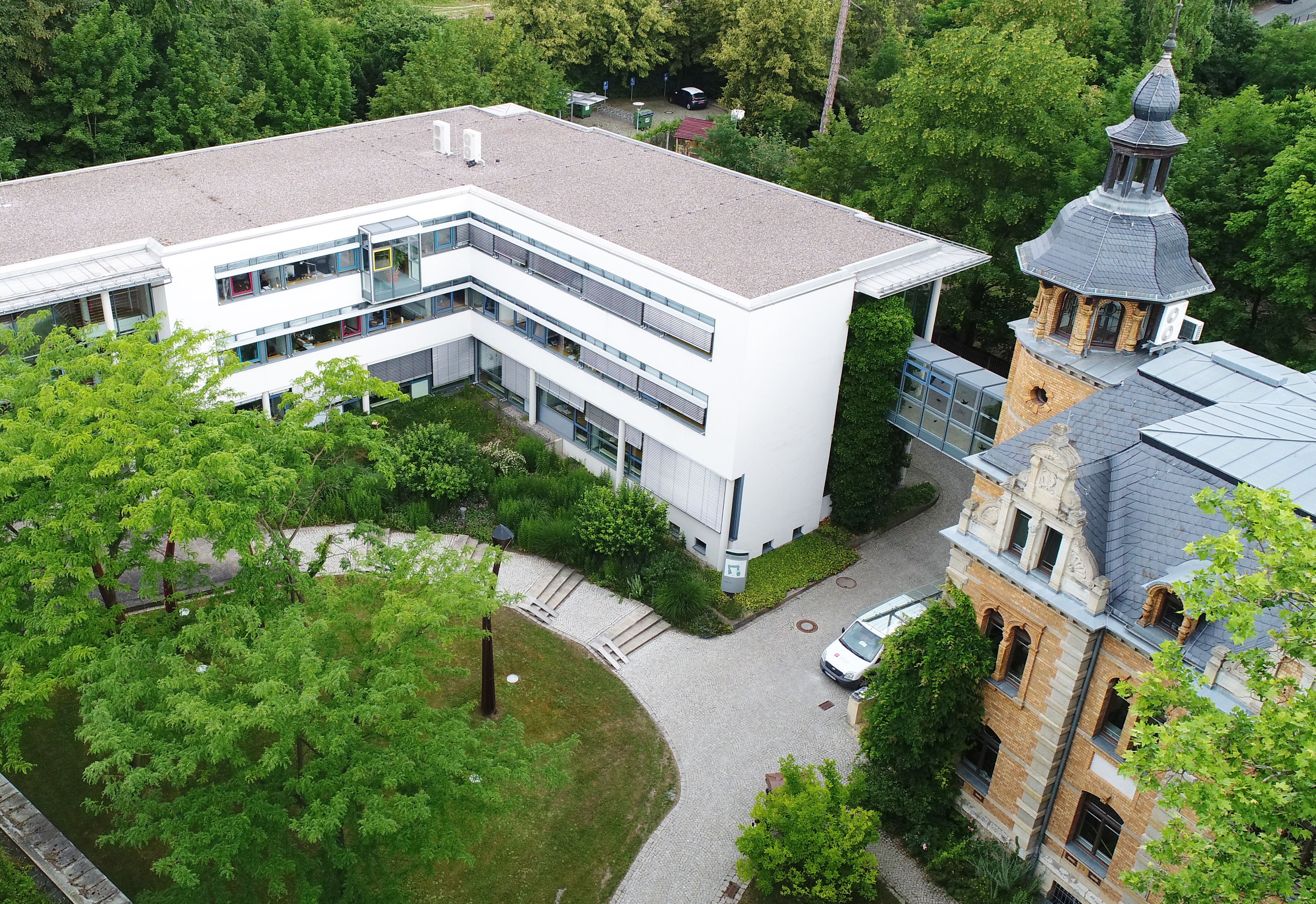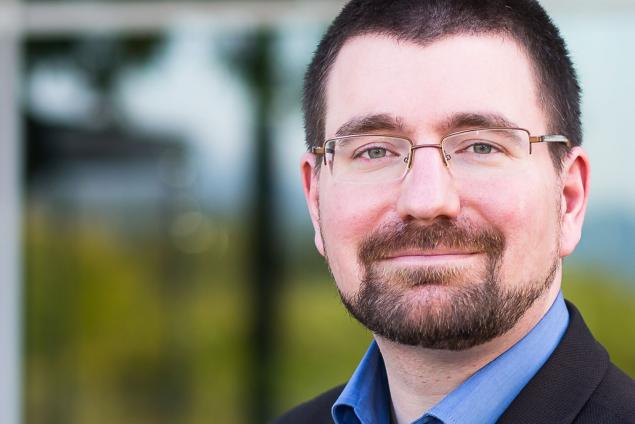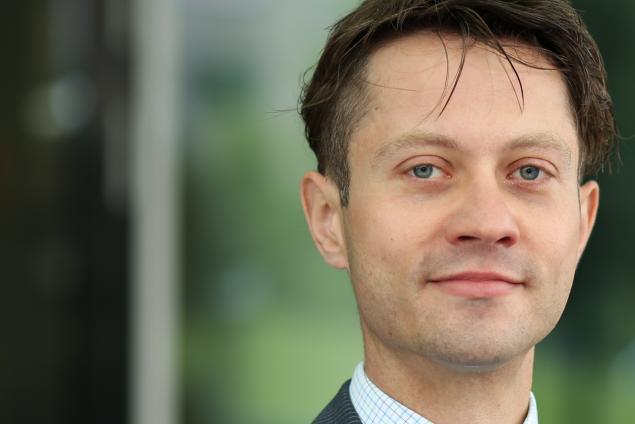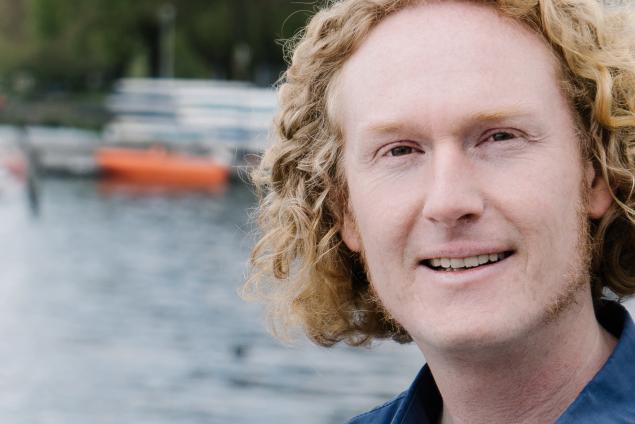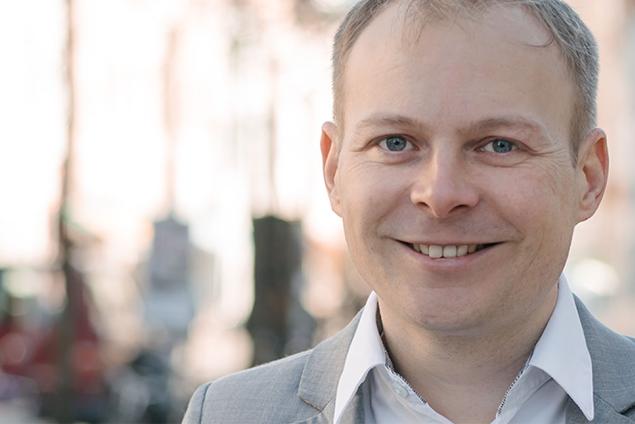There are more than 7,000 languages spoken worldwide. Many languages have evolved from a common ancestry line but we do not yet know where all the languages have come from and why there is such a great diversity. To find out how languages are related and form a family, linguists compare them by sifting through dictionaries, grammars or word lists. Recently, scholars have proposed automatic methods to compare languages more efficiently. However, many classical linguists do not trust these methods. JOHANN-MATTIS LIST wants to know how well these automatic methods for language comparison really perform. As he describes in this video, his research team compared the algorithms’ output directly with the judgment of experts using a data set covering more than five language families. They found that some algorithms perform remarkably well. This means that automatic methods of language comparison have reached a level of performance that allows linguists to use them as a pre-viewing tool.
DOI:
https://doi.org/10.21036/LTPUB10576
Researcher
Johann-Mattis List is Senior Scientist at the Max Planck Institute for the Science of Human History. Previous to this appointment, he was Research Fellow at the Centre de Recherches Linguistiques sur l’Asie Orientale in Paris. In his research, he pursues a data-driven, empirical and quantitative perspective on language change and history, with a special focus on South-East Asian languages. He reviews for a variety of journals, such as Biology & Philosophy, Current Anthropology or the Journal of Historical Linguistics. For his Ph.D. he won the ‘Best Dissertation of the Philosophical Faculty’ prize awarded by the Heinrich Heine University Düsseldorf in 2013.
Institution
The Max Planck Institute of Geoanthropology (MPI-GEA) focuses on the interrelationships between natural and human-made systems, looking into the deep past and distant future to examine how humanity has driven the emergence of the Anthropocene – the geological period in which human activities began significantly impacting our planet’s climate and ecosystems – and how we can still positively influence its course.
The transdisciplinary research at MPI-GEA will bring together research areas represented by all three scientific sections of the MPG: Biology & Medicine; Chemistry, Physics and Technology; and Human Sciences. Corresponding inter- and transdisciplinary research projects concern, for example, planetary urbanisation, the global food system, and global material, energy and information flows.
Original publication
The Potential of Automatic Word Comparison for Historical Linguistics
Gray Russell D., Greenhill Simon J. and List Johann-Mattis
PloS one
Published in 2017
Reading recommendations
Support for Linguistic Macrofamilies from Weighted Sequence Alignment
Jäger Gerhard
Proceedings of the National Academy of Sciences
Published in 2015
Sequence Comparison in Historical Linguistics
List Johann-Mattis
Published in 2013
Language-Tree Divergence Times Support the Anatolian Theory of Indo-European Origin
Gray Russell and Atkinson Quentin
Nature
Published in 2003
